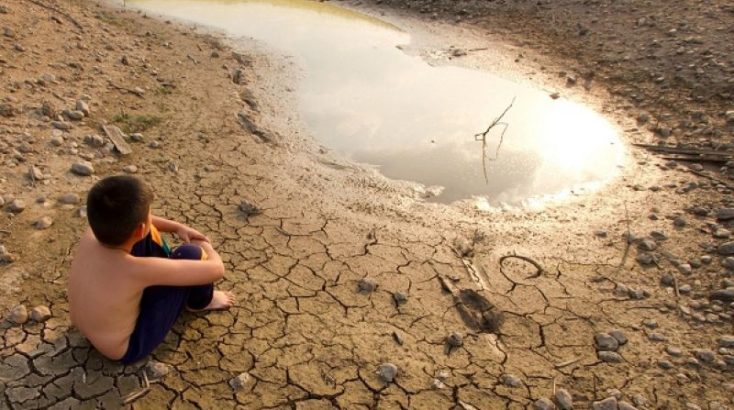The relationship between climate change, conflict and water is very complex. Desertification, sea level rise, pollution and limited access to water will affect the living conditions of many people in the future. In fragile and conflict states, people are even more at risk, causing double vulnerability.
This program aims to contribute to the discussion about the relationship between climate, conflict and water. Experts engage in plenary and panel discussions about the effects of climate change on conflict, and vice versa. Everyone is welcome to share his or her ideas, or to come and listen to the contribution of others.
The keynote speaker is Clare Dalton. She is the Head of Humanitarian Diplomacy of the International Committee of the Red Cross. In her speech she explains how to help the most vulnerable people to control the possible risks.
There will be opportunity for informal discussions with drinks after the event.
Speakers
- Clare Dalton is the Head of Humanitarian Diplomacy of the ICRC. In this role she tries to persuade decision-makers and opinion leaders to act at all times in the interests of vulnerable people and in full respect of fundamental humanitarian principles.
- Dr. Karen Meijer is a Water resources & delta management expert at Deltares. Her main fields of interests are global environmental governance (international climate change policies) and the multi-actor context of policy implementation. She will discuss how we can use data to better understand the role of water, to support timely and adequate action in those cases that water could potentially increase conflict risk.
- Maarten van Aalst is Director of the Red Cross Red Crescent Climate Centre. He oversees all support to climate risk management across the Red Cross Red Crescent Movement, and links with scientific and policy communities on climate change, disaster risk management and development planning. Maarten is also part of the Scientific and Technical Advisory Group of the UN International Strategy for Disaster Reduction, and the Leadership Group of the UN Climate Resilience Initiative.
- Louise van Schaik is Head of the Clingendael International Sustainability Centre and Senior Research Fellow at Clingendael Institute. She is also coordinator of Clingendael Research on EU in the World. In her research Louise has extensively analysed the EU’s performance in multilateral bodies, including in the field of climate change.
- De moderator is Joost Möhlmann. Hij is hoofd Zakelijke Ontwikkeling, Advisering en Innovatie bij het Nederlandse Rode Kruis op de afdeling Internationale Ontwikkeling.
For more info & tickets:
https://www.humanityhouse.org/en/event/the-future-interaction-between-climate-change/

